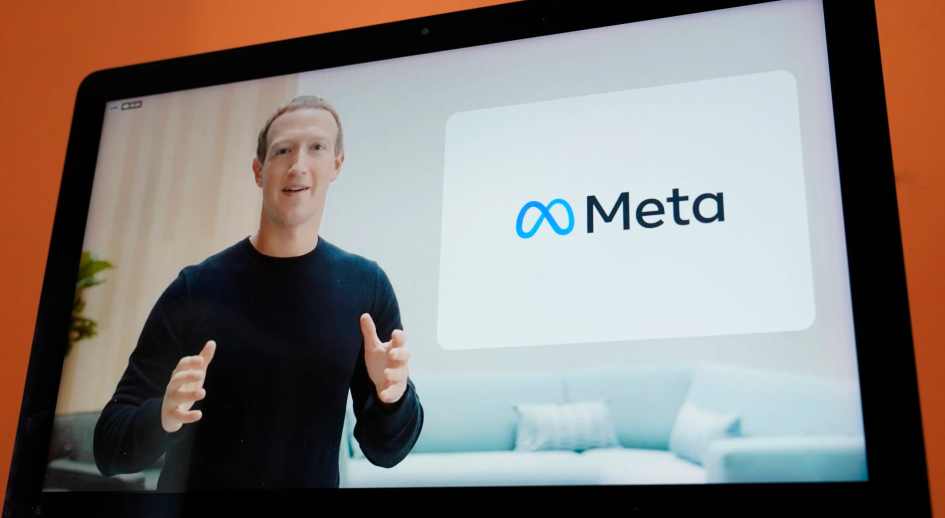UN condemns Facebook for allowing hate speech against Russians and posts that call for death of Putin, “We stand clearly against all hate speech, all calls for violence”

As you may recall, Facebook recently announced that it will allow some posts that call for death to Russian President Vladimir Putin or Belarusian President Alexander Lukashenko in countries including Russia, Ukraine, and Poland.
In a temporary change to its hate speech policy, Meta Platforms said it will now allow Facebook and Instagram users in some countries to call for violence against Russians and Russian soldiers in the context of the Ukraine invasion, according to a report from Reuters, citing an internal email seen by the news outlet on Thursday. Now, the social giant is facing condemnation from the United Nations (UN).
On Friday, the UN condemned Meta for allowing hateful remarks and calls for violence against certain Russians. In a statement, Stephane Dujarric, the spokesman for the UN Secretary-General Antonio Guterres, said that the international body does not condone such calls coming from any side.
“We stand clearly against all hate speech, all calls for violence. That kind of language is just unacceptable from whichever quarter it comes from,” Dujarric said during a news briefing on Friday.
However, Meta tried to downplay the impact of its controversial move, with the social media giant’s President for Global Affairs and former British Deputy PM Nick Clegg releasing a statement on Twitter to clarify the decision. The main goal of the platform was to enable Ukrainians to vent their anger over the Russian offensive, he claimed, describing the decision as a “temporary” measure.
“I want to be crystal clear: Our policies are focused on protecting people’s rights to speech as an expression of self-defense in reaction to a military invasion of their country. The fact is, if we applied our standard content policies without any adjustments we would now be removing content from ordinary Ukrainians expressing their resistance and fury at the invading military forces, which would rightly be viewed as unacceptable,” Clegg said.
Responding to reports that the Russian government is considering designating Meta as an extremist organization for its policies in support of speech: pic.twitter.com/Y8sUbZDSML
— Nick Clegg (@nickclegg) March 11, 2022
The policy will be applied only “in Ukraine itself,” he went on. It was not immediately clear whether residents of other countries would be allowed to express their “fury” and call for violence against Russian troops and President Vladimir Putin as well, or whether the hateful content would be available for viewing outside Ukraine.
There is no change at all in our policies on hate speech as far as the Russian people are concerned. We will not tolerate Russophobia or any kind of discrimination, harassment or violence towards Russians on our platform.
This is not the first time Meta has taken sides and in some cases siding with White Supremacist organizations. For example, last month, Facebook revised its policies against dangerous individuals and organizations, allowing posts praising the Azov Battalion, Ukraine’s National Guards unit, that incorporates hard-line nationalists and openly neo-Nazi fighters.
Meanwhile, Reuters reported that Meta’s temporary policy changes on calls for violence to Russian soldiers only apply to Armenia, Azerbaijan, Estonia, Georgia, Hungary, Latvia, Lithuania, Poland, Romania, Russia, Slovakia, and Ukraine.

